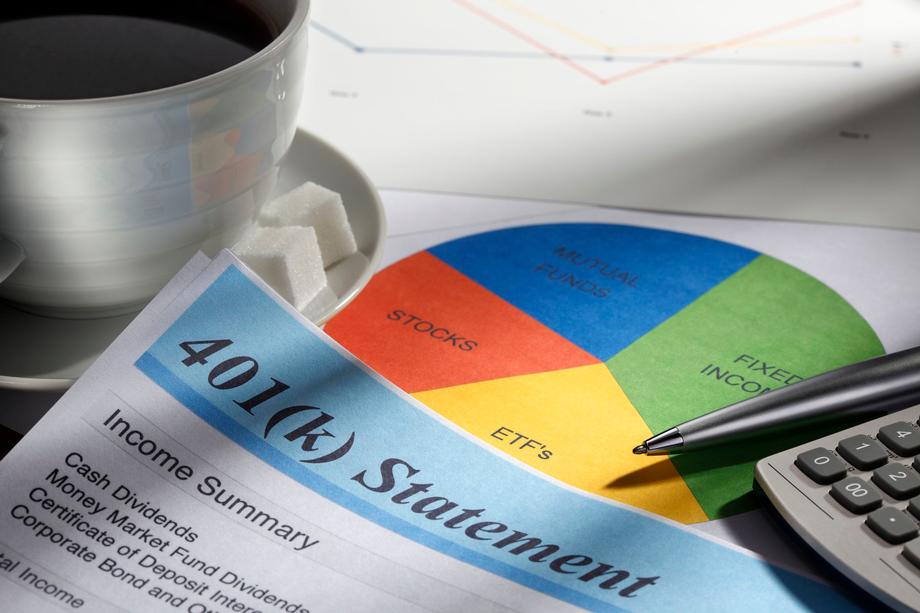401(k) Participants
 With traditional pensions becoming all but obsolete, increased pressure is on the 401(k) to do the heavy lifting for retirement. Some employees have an individual retirement account (IRA) and other savings to add to the pot, but for most, the bulk of their income likely would come from Social Security plus whatever they have in their 401(k)s.
With traditional pensions becoming all but obsolete, increased pressure is on the 401(k) to do the heavy lifting for retirement. Some employees have an individual retirement account (IRA) and other savings to add to the pot, but for most, the bulk of their income likely would come from Social Security plus whatever they have in their 401(k)s.
Even if you take Social Security at your full retirement age—66 for most baby boomers, 67 for workers born in 1960 or later—it will only replace about 40% of your income. It is estimated that you will need to replace 70% to 90% of your current income if you aim to maintain the lifestyle you enjoy today. That's where contributing to a 401(k)—and ideally leaving the money untouched until retirement—comes in.
Withdrawing money from your 401(k) prior to age 59½ usually results in a 10% early withdrawal penalty (there are certain exceptions), and the amount you take out is also subject to income tax. Draining—or even taking relatively modest amounts from—your 401(k) before you retire can have serious consequences for your standard of living in retirement.
A big benefit of maximizing the amount you put into your 401(k) is if your employer matches your contributions by any percentage. If you don’t put in at least enough to get your full employer match, it’s like passing up free money. By the way, that matching money does not count toward your contribution limit.
Many employers match at least a portion of their employees' 401(k) contributions. For example, let’s say your employer matches 100% of your contributions for as much as 3% of your salary. So, if you earn $40,000 per year, your employer's contribution would add another $1,200 to your 401(k) if you contributed at least that much yourself.
Always try to contribute at least enough to your 401(k) to get your full employer match. Consider putting away even more if you can afford it, up to your annual contribution limit. If you change jobs, don’t spend the money; Instead, roll it over into an IRA or your new employer’s 401(k), if possible. Either way, your money will continue to grow, tax-deferred, for your retirement years.
Alvin Clay Financial Advisors can help you reach your long-term financial goals so that you can maintain your lifestyle.
